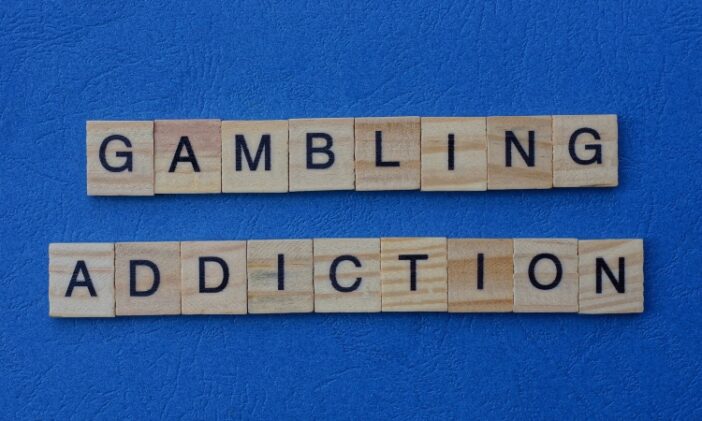Citing studies indicating that teenagers develop gambling problems more often than previously thought, the Michigan Gaming Control Board (MGCB) this week issued guidelines for parents to combat problem gambling among young people between the ages of 14 and 19.
The MGCB urged parents to begin teaching their kids about responsible gambling, saying seven out of 10 students in that demographic will wager money on poker or other games this year. Citing the work of the International Center for Responsible Gaming (ICRG) pointing to a problem gambling rate of up to 15% in the aforementioned age group, the board urged parents to take steps to monitor and control their kids’ gambling activity.
“Parents should discuss responsible gaming with their children before they attend high school,” Henry Williams, executive director of the Michigan Gaming Control Board, said in a statement. “National studies have shown young people gamble in betting pools, while on the basketball court sidelines, and on video games, or even try to do so online or at a casino. As a parent and a former social worker, I know how important it is for parents to look for signs of problem behaviors and to take an active role in educating children to understand consequences of their behavior.”
Parents urged to take steps early
The MGCB urged caregivers to use parental controls on their families’ electronic devices to prevent kids from gambling online. The board also advised parents not to leave stored credit card and personal ID information on devices shared with teenagers.
The rise of mobile sports betting and other online gambling activities isn’t necessarily driving the addictive activity by teenagers, as the ICRG says the rate of gambling problems among youth has remained fairly steady during the past 25 years. Legal mobile sports betting launched in most states, including Michigan, in the wake of the U.S. Supreme Court overturning PASPA in 2018.
Warning signs for problem gambling among young people are similar to indications of other addictive behaviors and include depression, anxiety, stealing money, and appearing preoccupied. The ICRG recommends 10 steps parents can take to help young people avoid destructive behaviors stemming from gambling. These include talking to kids about gambling as early as the age of 9 (as kids often begin gambling during elementary school), listening to their kids when they have questions about gambling, and educating themselves and their kids through tools offered online at Michigan.Gov/mgcb.
The ICRG also points out that adolescents tend to be more impulsive and take more risks than older people. It encourages parents to set specific, consistent rules about risky behaviors such as gambling and to monitor their children’s online activity without making them feel controlled.
Plenty of resources available
Additionally, the ICRG recommends that teachers include probability and randomness instruction in math classes and to monitor card playing and other games of chance at school, while helping kids develop coping strategies that will guide them away from gambling as a form of escape. It also points out that parents with gambling problems should be particularly alert for issues, as problem gambling tends to be passed down from generation to generation.
The “Talking With Children About Gambling” section on the ICRG website has more information along these lines, and the Michigan Department of Health and Human Services also maintains a 24-hour helpline at 1-800-270-7117. In addition, parents can contact the MGCB at 1-888-223-3044 for further educational resources, including on self-exclusion programs.
Photo: Shutterstock





